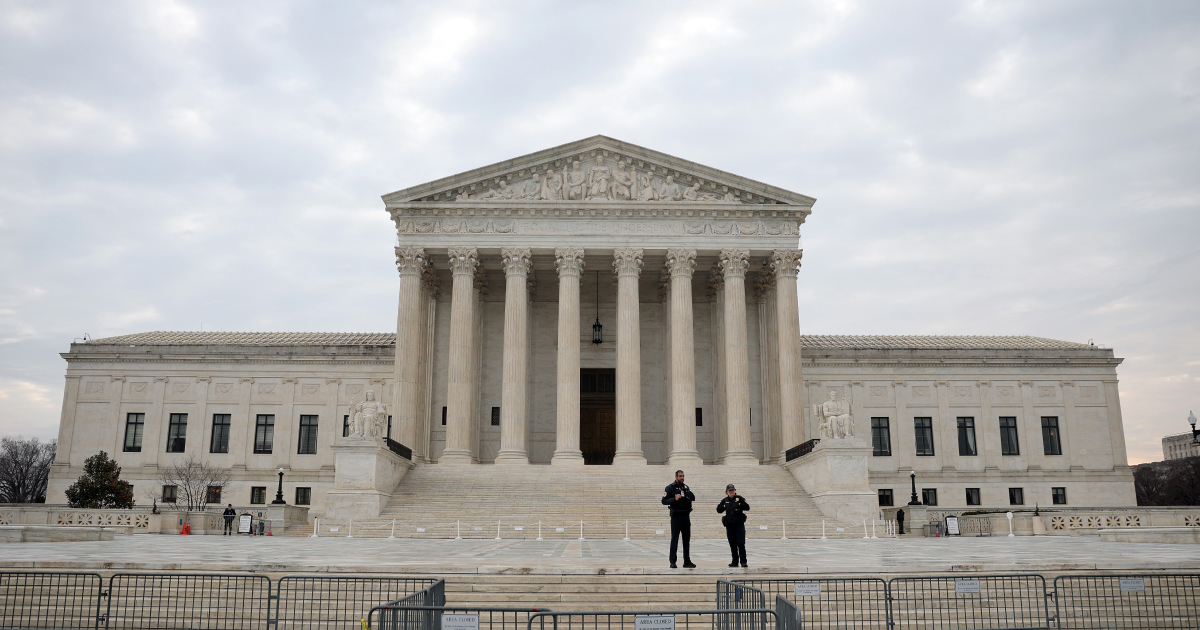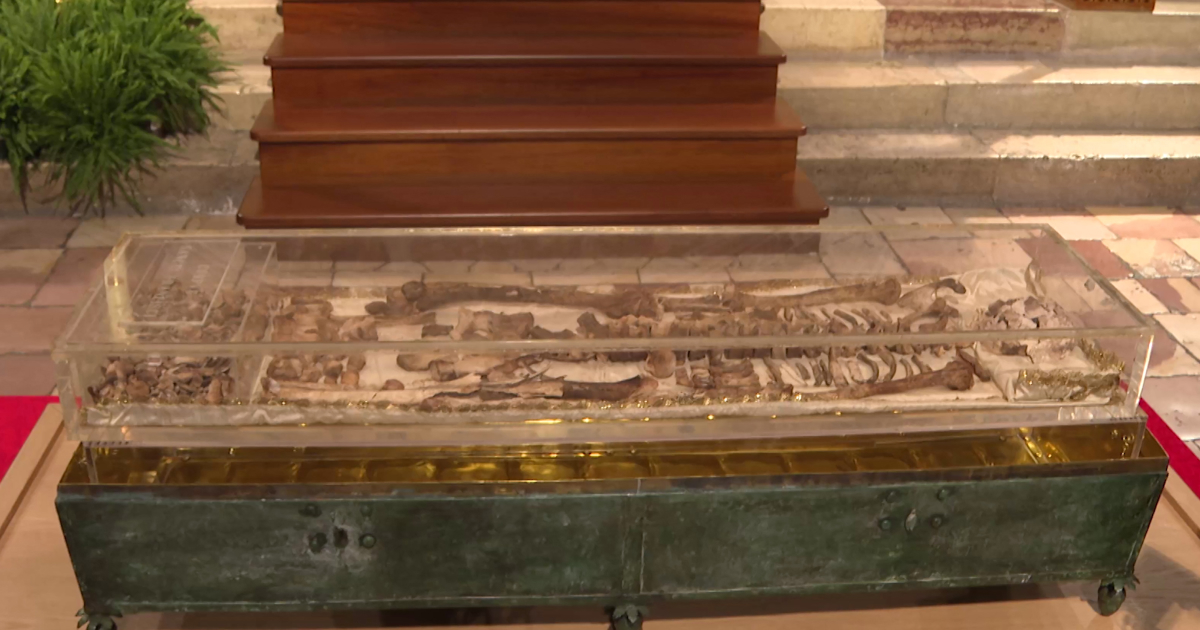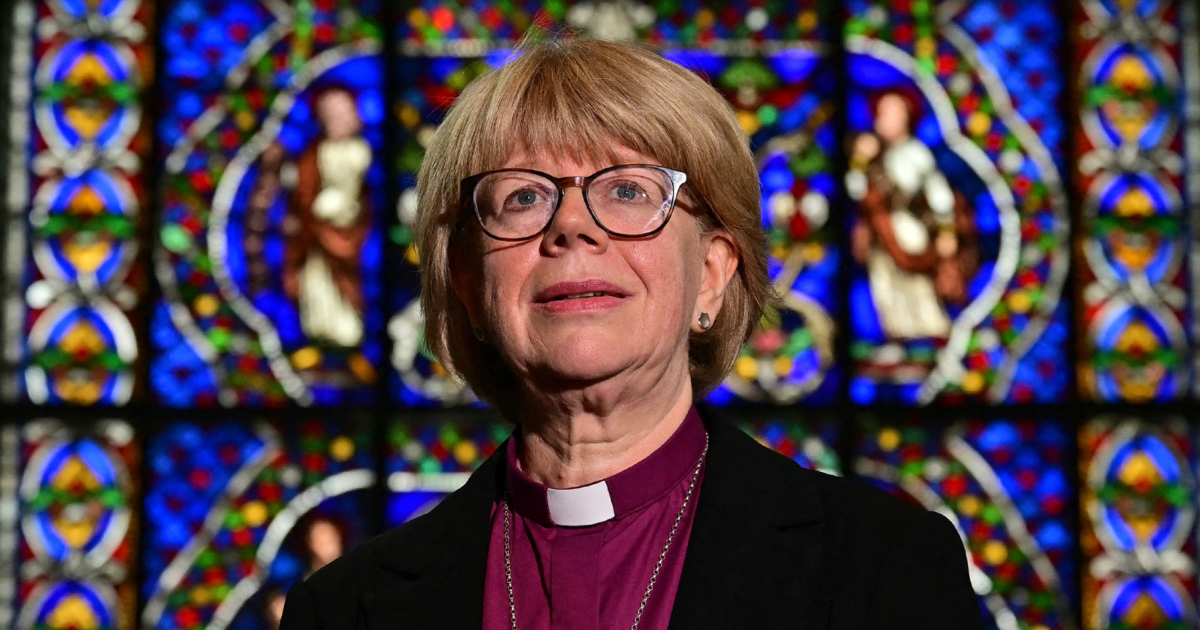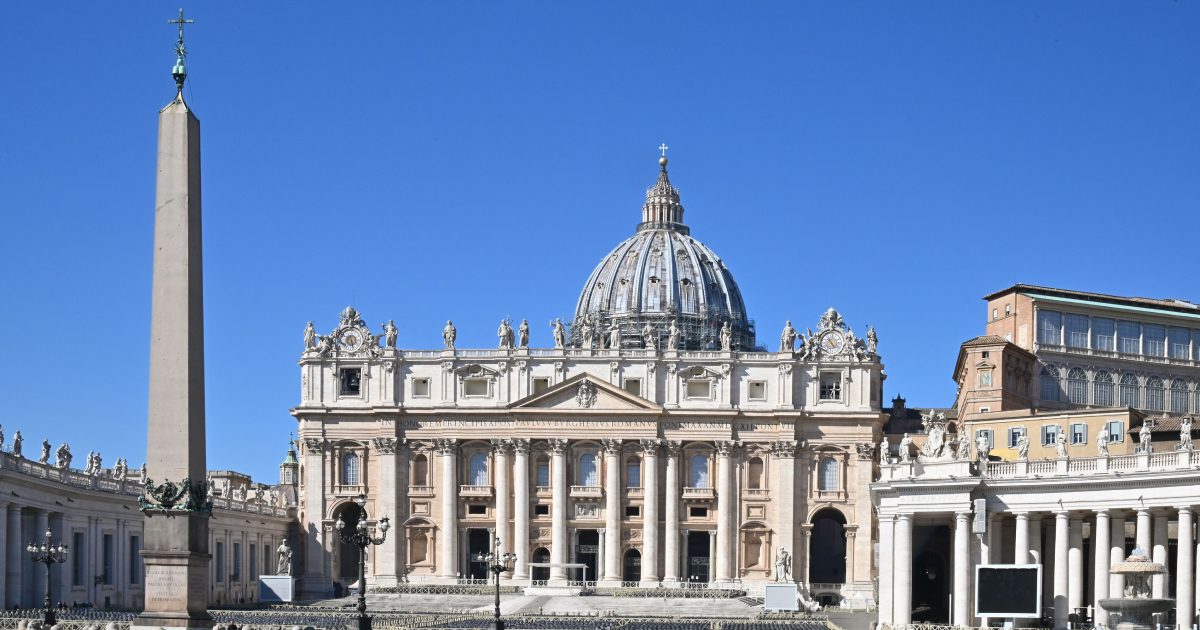“Do this in memory of me”: so conclude the words of institution over the chalice at Mass. Where do these words come from, and what do they mean? Do they imply that the Eucharist is simply a memorial, a re-enactment of the Last Supper whose effect takes place only in the minds of those who attend?
One might think that the answer to the first question is obvious. Surely, the words come from the accounts of the Last Supper that we read in the Gospels. Readers of this publication will know, I hope, that we must exclude St John’s Gospel from this, because he has no account of the institution of the Eucharist, but instead recounts the washing of the disciples’ feet. But Matthew, Mark and Luke surely all tell the same story?
Not quite, as it turns out. In fact, there are two pairs of institution narratives: Matthew’s and Mark’s versions are almost identical, with the former reading: “While they were eating, Jesus took a loaf of bread, and after blessing it he broke it, gave it to the disciples, and said, ‘Take, eat; this is my body.’ Then he took a cup, and after giving thanks he gave it to them, saying, ‘Drink from it, all of you; for this is my blood of the covenant, which is poured out for many for the forgiveness of sins. I tell you, I will never again drink of this fruit of the vine until that day when I drink it new with you in my Father’s kingdom’” (Matthew 26:26–29). St Mark’s only significant differences are that it omits the word “eat” and the phrase “for the forgiveness of sins”. Notice that neither has the instruction that these actions are to be repeated, for remembrance or for any other reason.
This latter part comes instead from St Luke’s account, which is substantially different: “And he took a cup, and when he had given thanks he said, ‘Take this, and divide it among yourselves. For I tell you that from now on I will not drink of the fruit of the vine until the kingdom of God comes.’ And he took bread, and when he had given thanks, he broke it and gave it to them, saying, ‘This is my body, which is given for you. Do this in remembrance of me.’ And likewise the cup after they had eaten, saying, ‘This cup that is poured out for you is the new covenant in my blood’” (Luke 22:17–20). Here we notice two references to a cup, no mention of forgiveness of sins, and different phrasing, though of course the most important features are common to all three: the bread “is” Jesus’s body, and the cup, or rather its contents, are Jesus’s blood shed in the establishment of a new covenant. In Luke, we are instructed to do “this” in remembrance of Jesus, though precisely what “this” is, is not obvious.
St Luke almost certainly was influenced in his composition of this passage either by St Paul directly or by a tradition that he shared with St Paul, who in fact gives us the earliest written account of the Eucharist, in 1 Corinthians 11:23–25. Space does not permit me to quote it here, but I urge the reader to check and see how similar it is to the Lukan version, including the crucial instruction about remembrance. But St Paul quotes this instruction twice, once over the bread and once over the cup.
Just as importantly, Paul goes on to offer very clear teaching about the reception of the Eucharist: “For as often as you eat this bread and drink the cup, you proclaim the Lord’s death until he comes. Whoever, therefore, eats the bread or drinks the cup of the Lord in an unworthy manner will be guilty of profaning the body and blood of the Lord. Let a person examine himself, then, and so eat of the bread and drink of the cup. For anyone who eats and drinks without discerning the body eats and drinks judgment on himself” (1 Corinthians 11:26–29).
It seems to me that, as the earliest account of the Eucharist, and the one with the clearest explicit theological interpretation, St Paul’s is the primary account, and the Apostle’s understanding of it, and especially of the meaning of Jesus’s words about remembrance, should govern our interpretation of the Gospel accounts.
The breaking and eating of the bread and the drinking of the chalice are indeed acts of remembrance — of the once-for-all event that took place in that upper room but also of the future event of the Lord’s coming. But at the same time, it is essential when these events are re-enacted not to fail to recognise the present realities of Christ’s body and blood.





.jpg)











